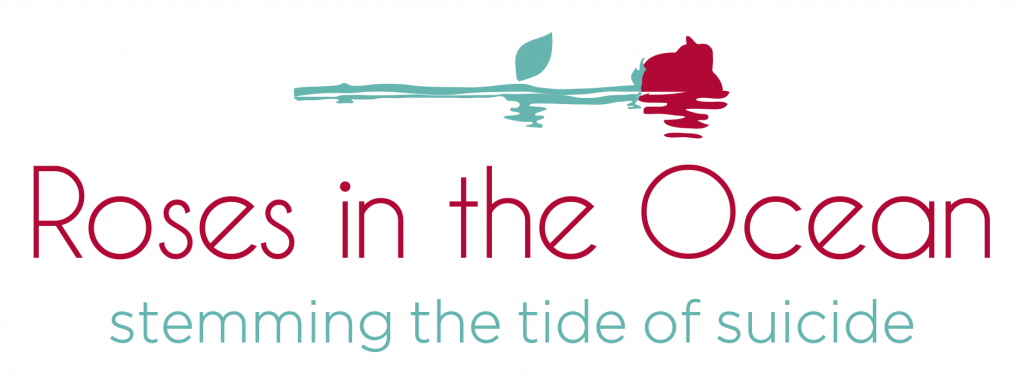Support lived experience voices in Tasmania’s suicide prevention efforts
Posted on June 6, 2019

What do we mean when we talk about ‘lived experience’ of suicide?
One way to define it is:
…having experienced suicidal thoughts, survived a suicide attempt, cared for someone through suicidal crisis, or been bereaved by suicide.
That’s according to Roses in the Ocean – a lead organisation for lived experience of suicide in Australia. Roses in the Ocean is dedicated to building a safe, trained and supported lived experience ‘workforce’ with the expertise and skills needed to add their voice to conversations about suicide prevention.
The organisation’s community awareness events and lived experience-informed suicide awareness and intervention workshops are aimed at increasing suicide literacy in our communities and connecting people with local service providers.
In April, the Launceston suicide prevention trial working group brought Roses in the Ocean to Tasmania and offered up the training opportunity to locals with an interest in building their confidence as a lived experience advocate.
Westbury local and lived experience public speaker Mark Davis took part in the ‘Our Voice in Action’ workshop with a view to finding out more about Roses in the Ocean’s philosophy.
He says the training reinforced the importance of tailoring your approach to fit the audience, rather than relying on a standard or general style.
“I have been acting as a consumer representative for the last couple of years,” Mark says.
“This (workshop) gave me a more structured way of looking at things, rather than relying on instinct.”
Mark says he benefited greatly from attending the workshop, and learning new skills.
Fellow attendee Rob Tierney, who lives in West Launceston, says he was inspired to investigate other Roses in the Ocean courses after taking part in the training.
“As a gay, disabled, 48-year-old who has struggled with health issues and sexual identity over the years … I had been looking for a long time to be able to find a way to be able to learn how to share my story in a positive way,” he says.
“The lesson I took away (from the workshop) is that everybody’s story is special, important, and worth sharing.”
Launceston suicide prevention trial site coordinator Samina Alam says the Roses in the Ocean training aimed to empower and support locals with lived experience to share their insights and stories, and in doing, advance the community’s suicide prevention efforts.
They could also play a co-design role in the development and implementation of the Launceston local suicide action plan, she said.
Find out more about Launceston’s part in the suicide prevention trial here.
The Tasmanian component of the National Suicide Prevention Trial runs until June 2020 and is funded through Primary Health Tasmania across three locations: Break O’Day, three north west municipalities (Burnie, Central Coast and Devonport) and Launceston.
All three locations are using the Black Dog Institute’s LifeSpan suicide prevention model – a community-led approach that is aimed at reducing suicide and suicide attempts by building the capacity of the community to better support people facing a suicide crisis. Read more about the Tasmanian part of the trial here.
